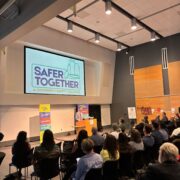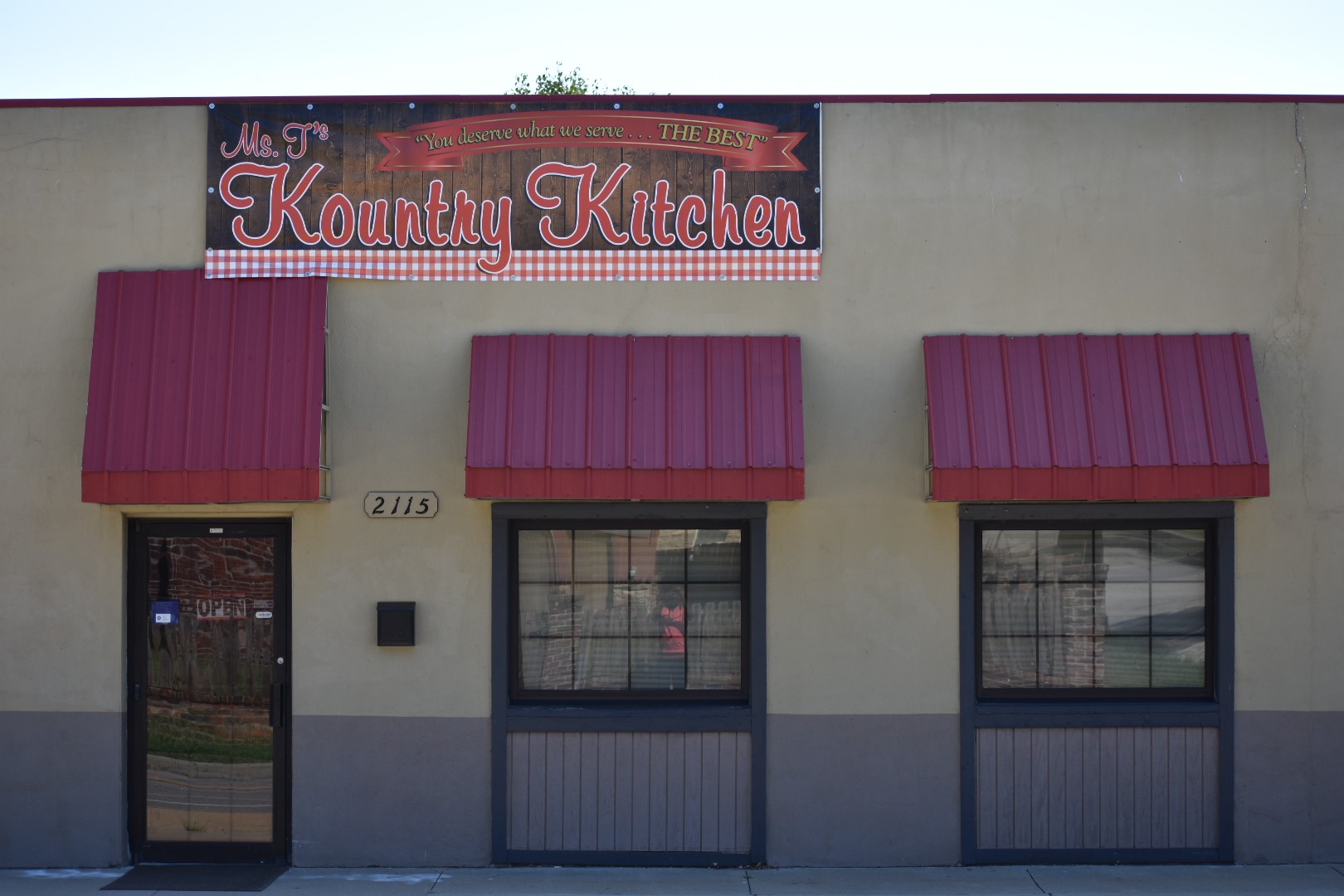By ROY WOOD JR.

I’m not a fan of banquet gigs. The round tables ensure that half of the room is facing the wrong direction, food is constantly being brought to the table or taken away from the table, the clatter of silverware and clink of ice cubes are in constant competition with the microphone for audio dominance, and the lighting is usually too dim or too bright.
When I saw Dick Gregory speak at a banquet, not a single fork hit a plate. Not a single chair faced away from the stage. Mr. Gregory, who died on Saturday at the age of 84, was holding court.
He did pause on occasion, but not because he was struggling to remember his train of thought. Each pause was a manicured moment of intention as he gave the audience an opportunity to digest what had just been said. Mr. Gregory could hit you in the chest with a sledgehammer of truth and yo-yo you out of the gravity of that truth with a well-crafted joke.
I was the M.C. at the banquet that night, a dinner in Selma, Ala., held as part of its annual Bridge Crossing Jubilee celebration. It was 2011; Barack Obama was president. Mr. Gregory reminded black people in attendance that President Obama’s being in office was not a time to take their foot off the pedal as they continued the fight for equality.
That was the first time I saw him live, a legend I had long heard my parents talk about. The second time was about three years later, at Zanies Comedy Club in Nashville, the opposite of a banquet hall in terms of its appropriateness for comedy. The show was just as powerful and gripping. I wasn’t performing that night but was able to leverage my relationship with the club into a backstage meeting. By then, about 15 years into my comedy career, I had material that was strong enough to land me a few late-night gigs — fare about relationships, exercising, an immigration joke I sneaked past the bookers on the Letterman show. But nothing that hit people in the chest.
I wanted to know why a man of his stature still felt the need to go up onstage night after night in comedy clubs in front of 300 strangers. Why the banquets? Why the media appearances? Why the protests? Why did he still maintain the tour schedule of a man half his age? And he simply said:
“They always ask me why I travel so much and I tell ’em, the fight for freedom is out there — it ain’t at my house.”
That evening changed my creative trajectory as a performer. I will never have a résumé as fine as Mr. Gregory’s, but I do try to make sure that my comedy has some element of truth within it.
We need comedians like Mr. Gregory, people who shine light in the dark, now more than ever. We need more bold voices. There are fewer places, however, for a comedian to safely test the limits of societal norms.
To grow a career with perspectives as surgically precise as Dick Gregory’s takes time and repetition that could all be blown up with a single cellphone smuggled into a show. Couple that with a blog post written without the proper context of the snippet of material and a comedian could spend a year navigating fallout. Not every bit that leads to backlash is a home run, of course, but sometimes it seems like the margin for error for “scathing political humor” is as thin as it has ever been.
For comedians, there are three types of co-workers. There are comedians who you think you’re better than. There are comedians performing at a level that you think you’re equal to or can one day ascend to. And there are comedians who make you want to throw out your act. You see them onstage spewing brilliance that makes you in an instant feel not only creatively inferior, but also aware that you’ll never be able to do what they just did.
You leave, after watching a comedian like this, and instantly reflect on every choice you’ve ever made as a performer. The farther away from the venue you travel the more your awe turns into disappointment in yourself. You look back on the jokes you’ve written as if they are all no longer worthy of performance.
“I have to do better. I have to become a better comedian,” you think to yourself.
The way I felt after watching Dick Gregory perform just twice transcended comedy for me. He had the ability to make me reflect upon who I was, not only as a comedian but, more important, as a person. I left both times feeling like I wasn’t good enough. I didn’t ask enough questions. I didn’t dig deeper. I didn’t work hard enough.
His comedy, one of the many weapons in his arsenal, was one way that he fought for justice. Dick Gregory has passed away at a time when America is reverting to the country he fought so desperately to change. It makes the need more urgent for more people to hold up the mirror to society as he did, to hit us with the funniest, most infuriating look at the bitter truth of injustice.









